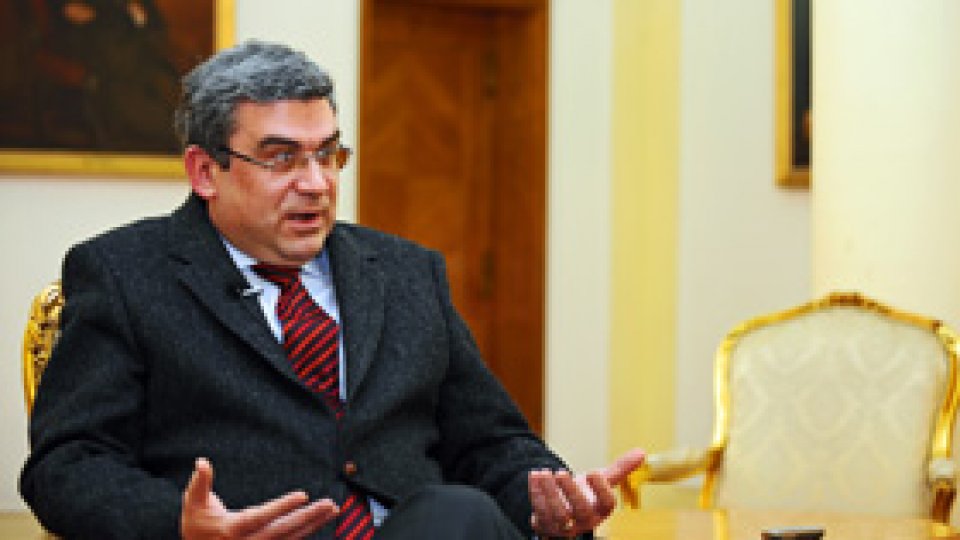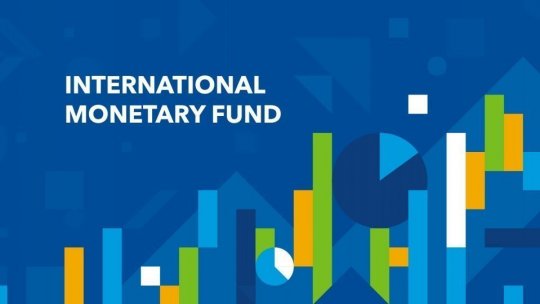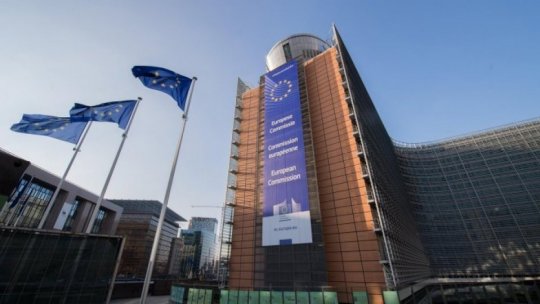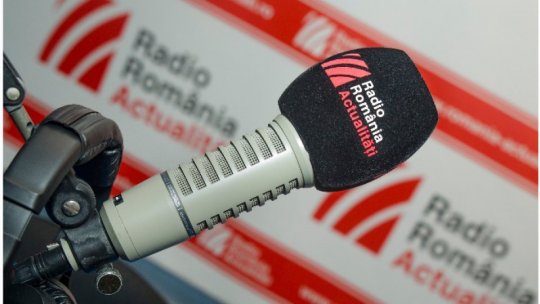Bucharest maintains its position on Kosovo
The publication of the advisory opinion of the International Court of Justice, according to which Kosovo’s declaration of independence did not violate international law has sparked contradictory reactions.

26 Iulie 2010, 16:18
On the one hand, as expected, Pristina hailed the court’s opinion, saying it plans to submit a request for the official recognition of Kosovo’s independence to the governments of 121 states and apply for UN accession next year.
Kosovo, with a population of 2 million, of which 90% are Albanians, has been acknowledged by 69 countries, including the US and 22 of the 27 EU members. At the opposite pole, Belgrade hinted that the Court’s endorsement rendered the fight for a fair compromise solution even more difficult.
Serbian President Boris Tadici has clearly stated that his country will never recognize Kosovo’s independence. The international court’s ruling is merely advisory, and the entire international community still hopes for a resumption of dialogue between Pristina and Belgrade. This stand is supported by Romania as well.
The Romanian Foreign Minister, Teodor Bacoschi, has voiced hope for a negotiated solution.
"The court has only analyzed the legality of the declaration of independence per se, without examining its legal consequences, more specifically the legality of the act of setting up a new state. Therefore, I reassert Romania’s stand on this issue, which has been clearly stated over the past years.
"We hope for a resumption of dialogue between Belgrade and Pristina, with a view to identifying a solution that would satisfy both parties and ensuring the region’s stability and European future.”
On the other hand, the endorsement of the International Court of Justice has boosted the autonomy process in a number of self-proclaimed republics in the east of Europe.
It is also the case of Transdniestr, where, unlike Kosovo, the conflict between the pro-Russian authorities and the dominantly Romanian speaking Republic of Moldova is political, not ethnic in nature.
In Romania too, the ruling of the International Court of Justice has fuelled calls for the autonomy of the ethnic Hungarian minority, which accounts for 6.6% of the total population.
Laszlo Tokes, Vice-president of the European Parliament, has stated that if a micro-region like Kosovo has won its autonomy, the same could be possible in the Szekler land in Romania.
The statement has been harshly criticized by the Romanian political class, which has termed it as unacceptable and even as an attack against the nation state and the Constitution.









